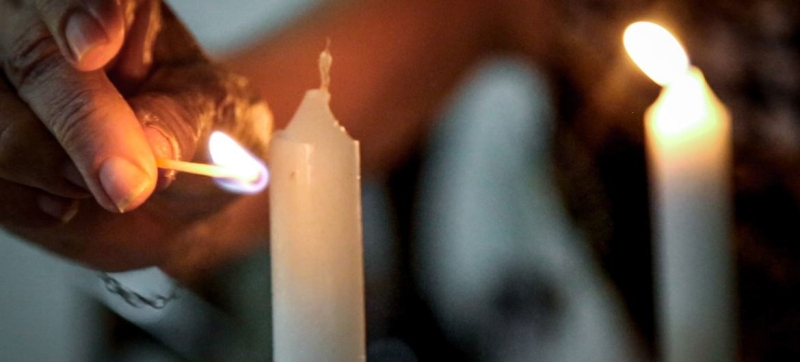
On August 22, the UN pays tribute to the victims of violence based on religion. Today is the International Day Remembrance of the Victims of Acts of Violence Based on Religion or Belief Human Rights
“All over the world, people and communities face violence based on religion or belief… We must work together to stem the tide of hatred and promote tolerance, understanding and respect.” These are the words of the UN Secretary-General on the occasion of the International Day Remembrance of the Victims of Acts of Violence Based on Religion or Belief, which is marked on August 22.
Human history is replete with many cruel examples of people becoming hostages of someone’s beliefs or victims of religious intolerance. It is enough to recall the persecution of Christians in Ancient Rome with their mass, torturous executions, the cruelty of Christian knights towards Muslims in captured cities during the Crusades, the tense and often bloody confrontation between Catholics and Protestants, as well as the tragic trials of the Jewish people in the first half of the last century.
Acts of intolerance and violence based on religion or belief also occur in the contemporary world, including against persons belonging to religious communities and religious minorities. The number and intensity of such incidents is growing; they are often criminal in nature and may affect the sphere of international relations.
In response to these actions, the General Assembly adopted a resolution proclaiming the “International Day Commemorating the Victims of Acts of Violence Based on Religion or Belief”. In this document, UN Member States reaffirmed their unequivocal condemnation of all acts, methods and practices of terrorism and violent extremism. They also reiterated that terrorism and violent extremism should not be associated with any religion, nationality, civilization or ethnic group.
By adopting the resolution, the General Assembly stressed the importance of respecting the rights of victims of terrorism and their families and providing them with adequate support in accordance with applicable law. The General Assembly recalled that States have the primary responsibility to promote and protect human rights, including the rights of persons belonging to religious minorities, including their right to freely manifest their religion or belief.
Freedom of religion or belief, freedom of opinion and expression, the right to peaceful assembly and the right to freedom of association, the UN is convinced, are interdependent and interrelated. The implementation of these rights can play a leading role in the fight against all forms of intolerance and discrimination based on religion or belief.
